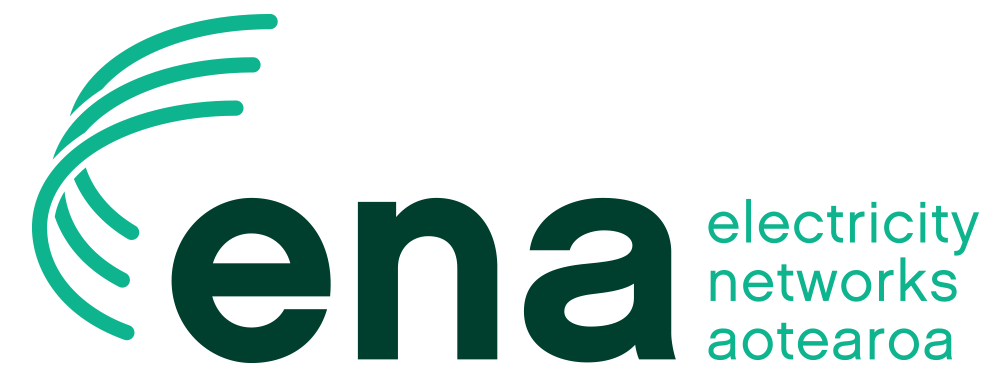Winter energy payment welcomed

The Electricity Networks Association (ENA) has welcomed the Government’s winter energy payment to help lower income households.
Chief executive Graeme Peters says the ENA applauds the intent of a targeted payment because it will help consumers most in need.
“And it clears the way for Labour to follow through on its election policy to review the low-user tariff subsidy paid by poorer households to wealthier households.
“Now that the government has targeted assistance at those that need it most, the low-fixed charge regulations have no legitimacy and should be repealed.”
The ENA had previously welcomed the near universal commitment among political parties prior to the election to review the low fixed charge regulations as no longer being fit-for-purpose.
“The current low fixed charge was never designed to provide assistance for those who need it most and it was instead often working against low income households,” Mr Peters says.
“Larger families, who might also be living in draughty, uninsulated or rented homes, usually don’t qualify for the low user charge, whereas smaller families or individuals living in smaller, well-insulated homes and apartments do.”
While the low fixed charge benefits some people in low income households, they also benefit every consumer – including the wealthy - who uses less than 8000 kWh of electricity a year.
Currently around 60 percent of consumers are on the low fixed charge, which, with only 15 cents per day going towards the cost of providing a connection to the network, covers only five percent of the cost of supplying those users with electricity.
“The low fixed charge has the perverse effect of causing larger users of electricity – often larger, low-income households – to cross-subsidise the costs of supplying electricity to those, often wealthier consumers, who qualify for the low fixed charge.”
The low lines tariff also creates a perverse incentive to reduce electricity use in a country blessed with 85 percent renewable electricity, Mr Peters says.
While New Zealand’s electricity costs compare fairly well internationally – typically costing consumers around four to six dollars a day – the ENA recognises there are some consumers who find it difficult to afford their winter bills.
“We think this initiative will provide good, targeted assistance for those who need it most,” Mr Peters says.


